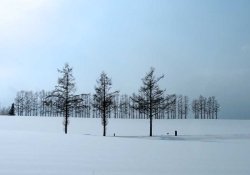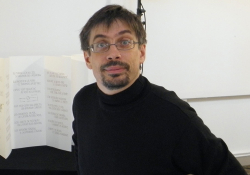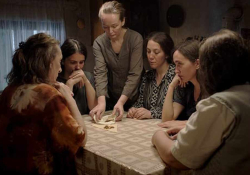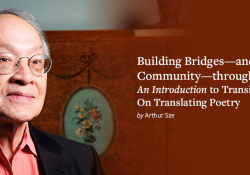Shizue Ogawa, Global Ambassador of Japanese Poetry
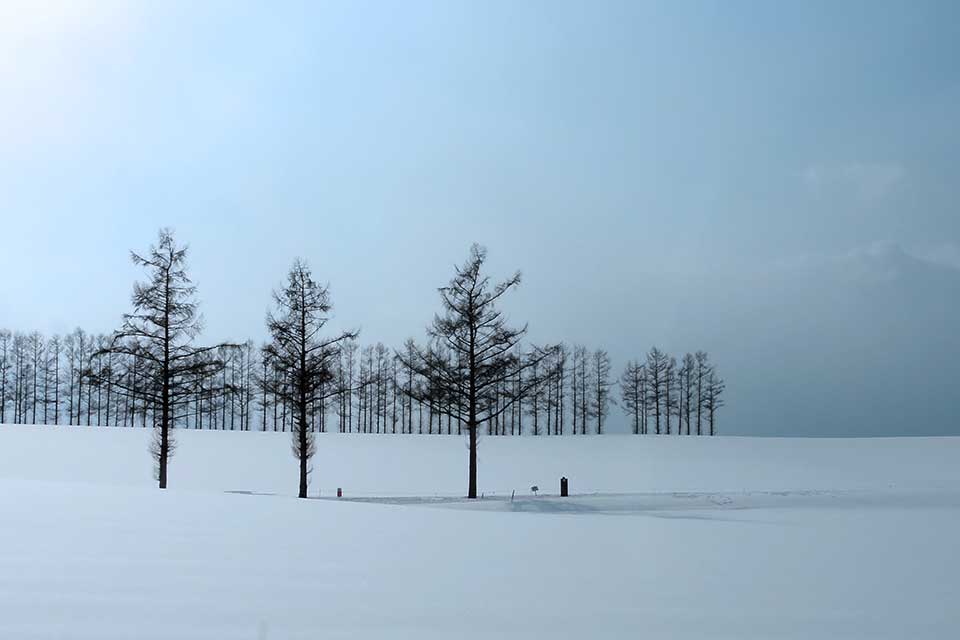
Shizue Ogawa pays particular attention to the resonances between Western and Eastern culture that inspire her philosophical, aesthetic, and cosmic reflections. Here, Alice-Catherine Carls offers an overview of her remarkable literary career along with four of Ogawa’s best-known poems.
Shizue Ogawa has been known internationally since her discovery in Belgium at the Brussels International Poetry Festival in 2005. Her international career took off with numerous translations in poetry magazines and several essays and articles about her work. For several years, she was Desmond Egan’s guest at the Gerard Manley Hopkins Festival in Ireland, a guest of the Éditions Caractères to the Marché de la Poésie in Paris, the Poetry Biennales organized in Liège by the Maison Internationale de la Poésie Arthur Haulot, and the Festival International de la Poésie de Trois-Rivières in Canada. In 2015 her work was presented at the Maison de la Culture du Japon in Paris. In 2022 one of her poems was selected by Italo Lanfredini for his sculpture entitled Piroghe-Mari that was first exhibited at the Villa Medici del Vascello in the Province of Cremona in Italy. To date, Ogawa’s work has been translated into more than ten languages. Her poetry is published in Japan in a bilingual, Japanese-English format. To learn more about Ogawa’s work, visit her website, Poems-Poems.com.
The nine volumes published in Japan are all entitled “A Soul That Plays” because, in the poet’s words, she writes as she breathes, without the proverbial writer’s cramps. Her poems in movement are playful, depicting the play of life in all its forms: dialogues with animals, contemplation of nature, analysis of a piece of Western music, or reflection on the counterpoint of all things and on the passage of time. A specialist of the English Romantic poet John Keats, she pays particular attention to the resonances between Western and Eastern culture that inspire her philosophical, aesthetic, and cosmic reflections. Everything, according to her, has a soul. Everything exists in counterpoint between stillness and movement. It is all about empathy and listening, including the wisdom of freeing oneself from superfluous thoughts, possessions, and desires. The poet focuses on the creative process that alone can eliminate violence and ensure peace. Her detachment from the goods of this world are at the heart of her poetry.
Ogawa’s detachment from the goods of this world are at the heart of her poetry.
For a little over a year, Ogawa’s work has been recognized multiple times. In March 2023 the Leonardo da Vinci Association awarded her its Special Prize for poetic work, on the occasion of the 570th anniversary of the Italian artist’s birth. In December 2023 two of her poems, “Prayer – A Soul Playing” and “Conversations,” were chosen to be read at a special ceremony in Hiroshima and Nagasaki. On this occasion, she was awarded the Artist Activist for Peace Award. At the end of the year, the International Association of General Art, created by the Japanese artist Sakae Hasegawa, awarded her its Grand Prix.
The year 2024 has been just as promising. In April she was awarded the title “Artista genio del siglo XXI” on the occasion of the 120th anniversary of the birth of Salvador Dalí. This prize rewards two poems, “Landscape” and “Serenity,” that were considered as the best of her work by a jury composed of Japanese and Spanish personalities. Her latest volume, Stars – A Soul at Play (IX), was released in June 2024 in Japan in a bilingual Japanese-English edition, translated by Soraya Umewaka and Shizue Ogawa. And the volume A Soul at Play -- The Kaleidoscope, is being published in a Romanian translation by Manolita Dragomir-Filimonescu, who previously translated a Choice of Poems in 2015, A Soul That Plays – The Circle in 2019, and A Soul That Plays – The Horizon in 2023.
We warmly thank Shizue Ogawa for entrusting us with the four poems that have received the special awards mentioned above. They appear here in the English translation prepared by the poet and her translator Soraya Umewaka. Nothing defines Shizue Ogawa’s attitude toward life better than her tender and playful description of the creatures that populate her work. She has written many poems featuring animals and insects. “Prayer – A Soul at Play” is one of them. It deserves a bit of commentary. Shizue Ogawa’s frog is a child who loves to travel. First lodged at the poet’s house, the frog went to Tokyo where it was published in Japanese and English, then to Mongolia where it was translated into Khalkha Mongolian, then to San Marino where it was read at a celebration of the opening of the San Marino Embassy in Japan, then to Paris for the presentation of the Leonardo da Vinci Special Prize, then in Hiroshima and Nagasaki for the December 2023 ceremony, then in Romania in the translation by Manolita Dragomir-Filimonescu, then in Paris for the publication of this article, and most recently in the September 2024 issue of World Literature Today, with its cover feature on “Japanese Women Writers in the Twenty-First Century.”
“They say when you hibernate, / borrow a book.”—Shizue Ogawa
*
Four Poems
by Shizue Ogawa
Prayer ― A Soul at Play
An unattended station,
tickets uncollected,
I held onto mine
leaving the ticket gate.
Faint sounds of a creature,
continuous pain-stricken gasps
from its tightening throat, reached me.
I drew near the sound.
A golden beetle on its back
clasped air in vain with hands and feet.
I turned it over
with the ticket.
A dizzy golden beetle
clung onto earth.
When the beetle lay on its back,
it made a prayer to the sky.
Looking back at the still thing,
and reaching my home,
I realized suddenly,
timber that decays and trodden pebbles
contain prayers.
Desire to continue living,
stemming from the core of the earth.
Summer prayer continues from spring
to autumn, to winter.
On that day, the insect gazed up
at the night sky that spread behind me,
the prayer for existence.
Conversations
A frog has lingered
by my home window for a while now.
Its nose, a little pointed.
It has been more than ten days.
“Are you not hungry?”
“I eat set meals
at a children’s restaurant nearby.”
“With your friends?”
“Yes.”
The frog stays even through the night.
“Don’t you want to head home to sleep?”
“I like it here.
I’ll sleep right here.”
“Aren’t your father and mother worried?”
“No.
They say when you hibernate,
borrow a book.
I will borrow a book of short stories.”
Scenery
Landscapes, people,
for them trees grow lush,
soil becomes warm,
seeds sprout.
Within that frame, people are understood
and begin to like others.
To love is the only answer,
or to take revenge.
Quietude
In quietude
I let go of myself,
lay it in the middle.
Sunset turns to morning,
soon morning to noon, noon to night.
Then I untie what was tied.
The center
does not resist being transferred to others.
In quietude
I try to remember something,
I find what I could not remember,
cells knitted by “time.”
Nuclei that have no selves
divide themselves repeatedly to reach existence.
Quietude is born from liquid
and permeates the nuclei.
Editorial note: Dr. Carls’s conversation with Ogawa appeared in “The Future of the Book” issue of WLT (May 2023). Her review of the five-volume, two-CD set of A Soul at Play (2012) can be found in the May 2012 issue. Several bilingual recordings of Ogawa’s poems can also be found in the online edition of that issue.
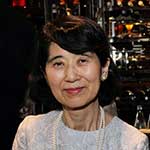 A teacher, artist, and poet, Shizue Ogawa has published eight bilingual (Japanese/English) books, and her work has been translated into more than ten languages. She has been awarded the Grand Prize of the National Sakura Pastel Crayon Art Exhibition (1963), the Antonio Viccaro International Poetry Prize (2011), the Gerard Manley Hopkins Society Award (2014), and the Prix Ovide from the Cénacle européen de Poésie, Arts et Lettres (2020).
A teacher, artist, and poet, Shizue Ogawa has published eight bilingual (Japanese/English) books, and her work has been translated into more than ten languages. She has been awarded the Grand Prize of the National Sakura Pastel Crayon Art Exhibition (1963), the Antonio Viccaro International Poetry Prize (2011), the Gerard Manley Hopkins Society Award (2014), and the Prix Ovide from the Cénacle européen de Poésie, Arts et Lettres (2020).



